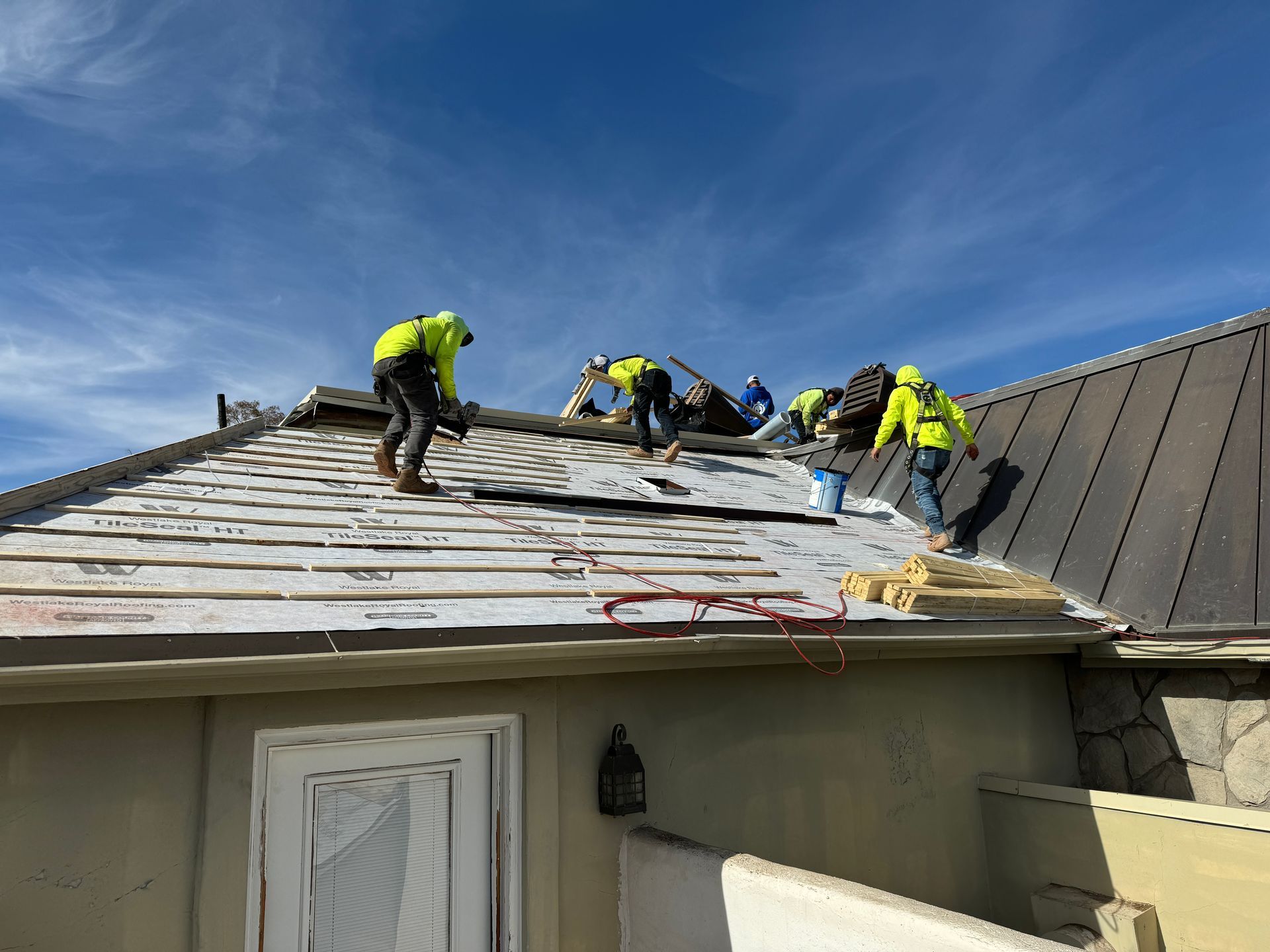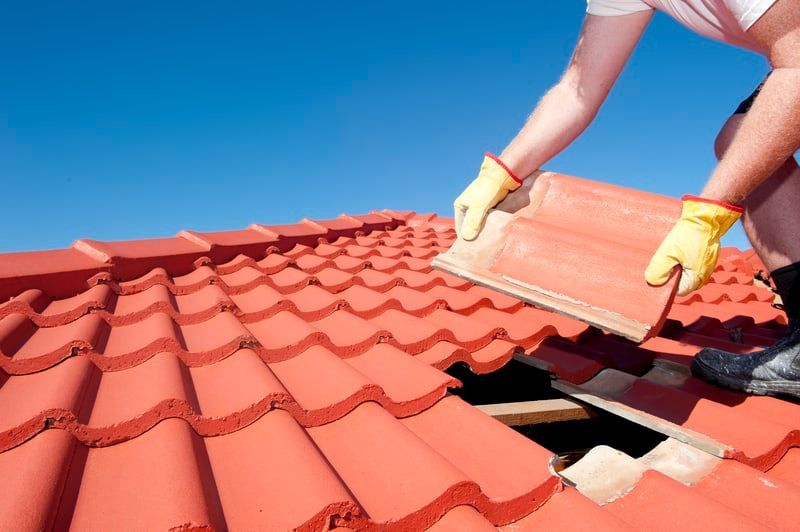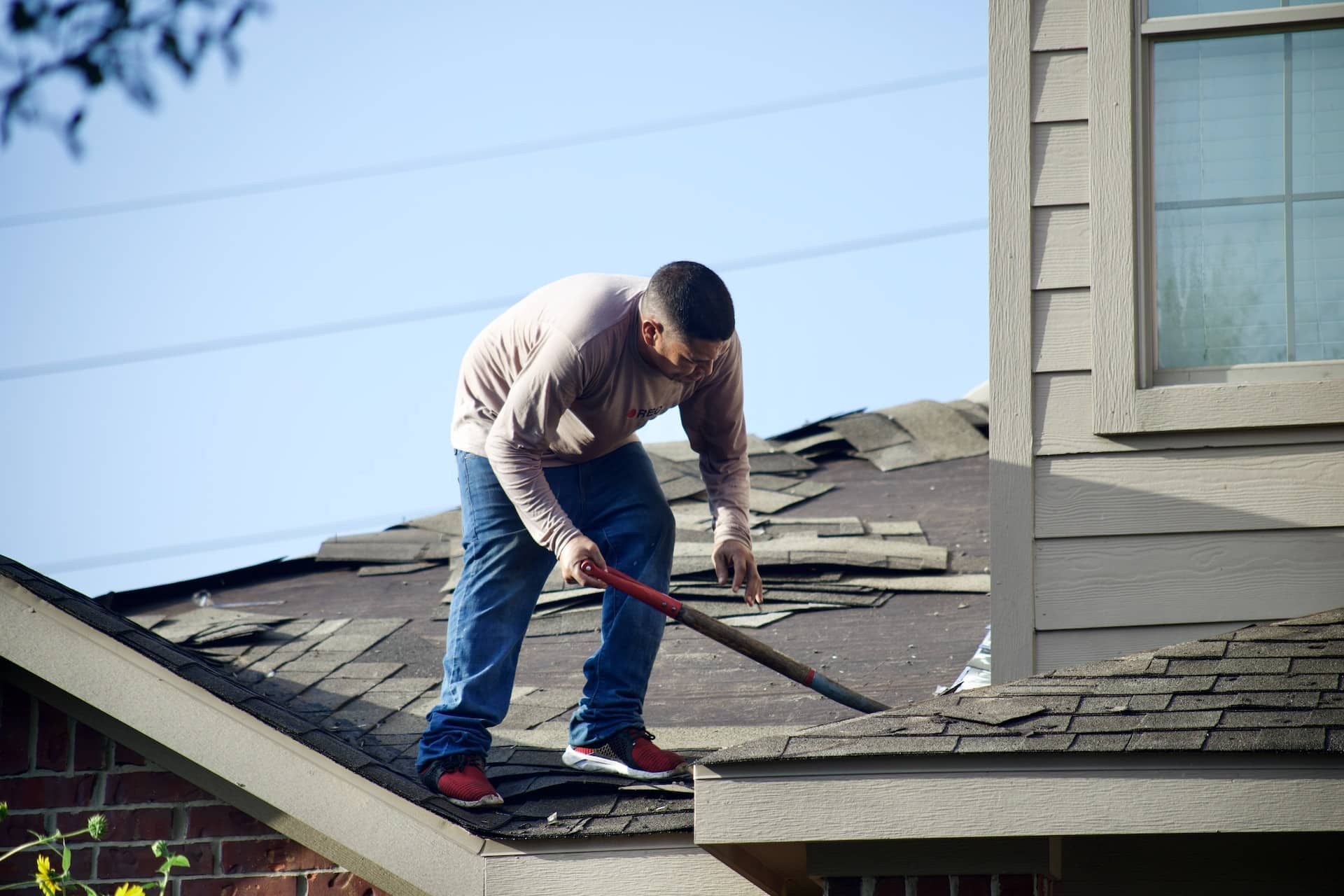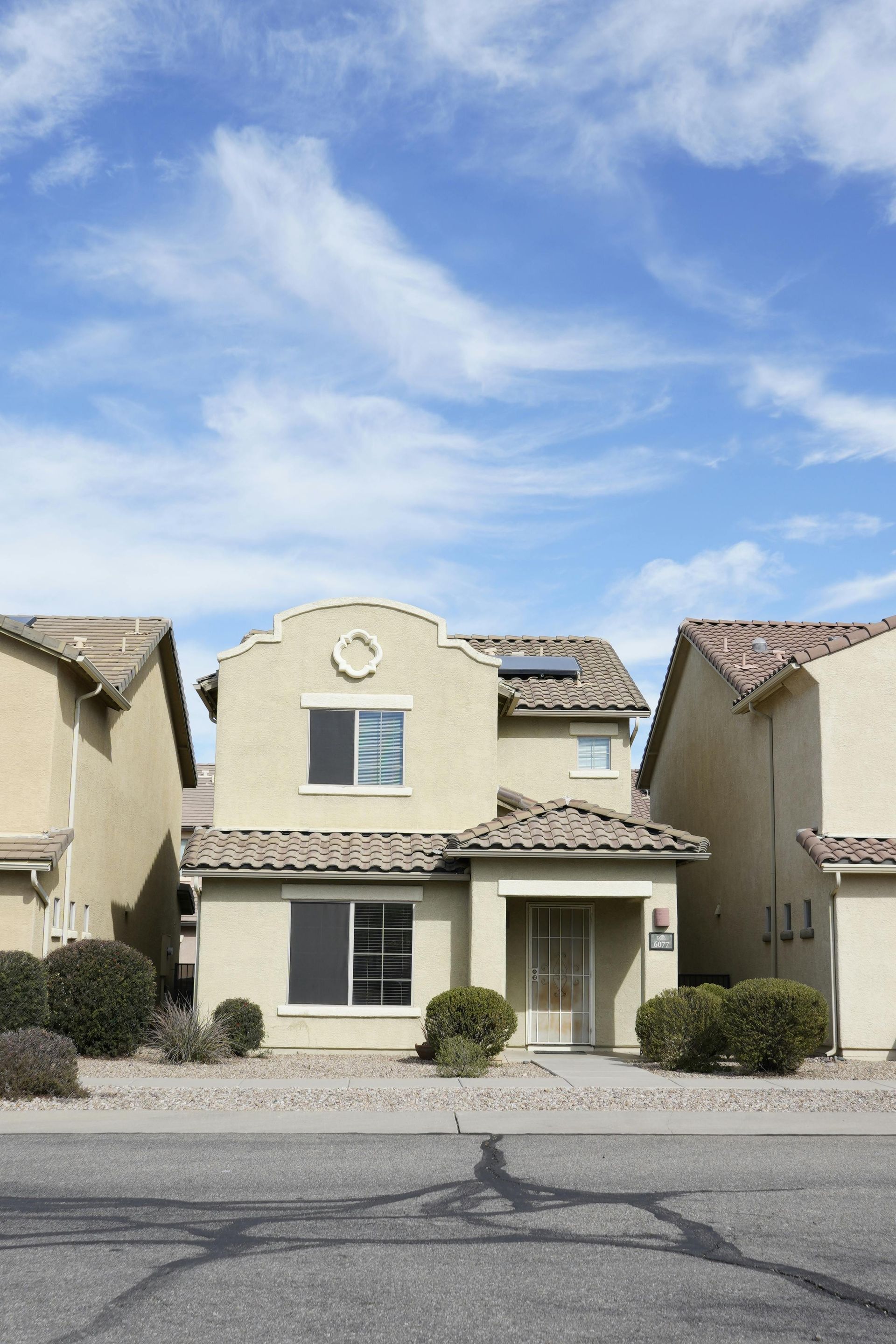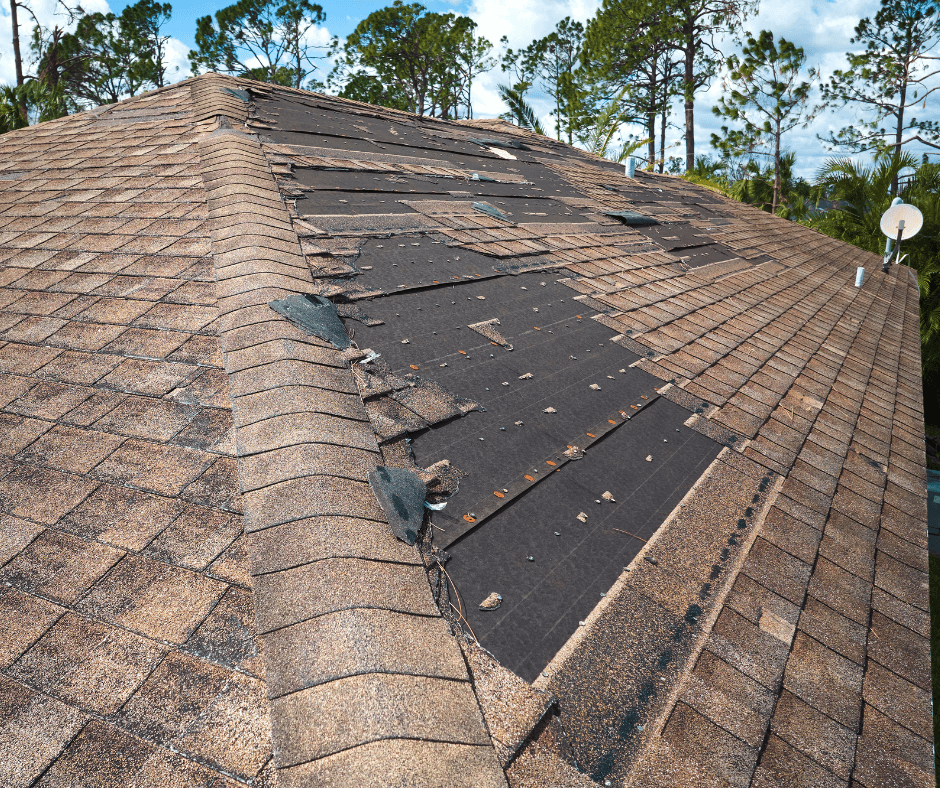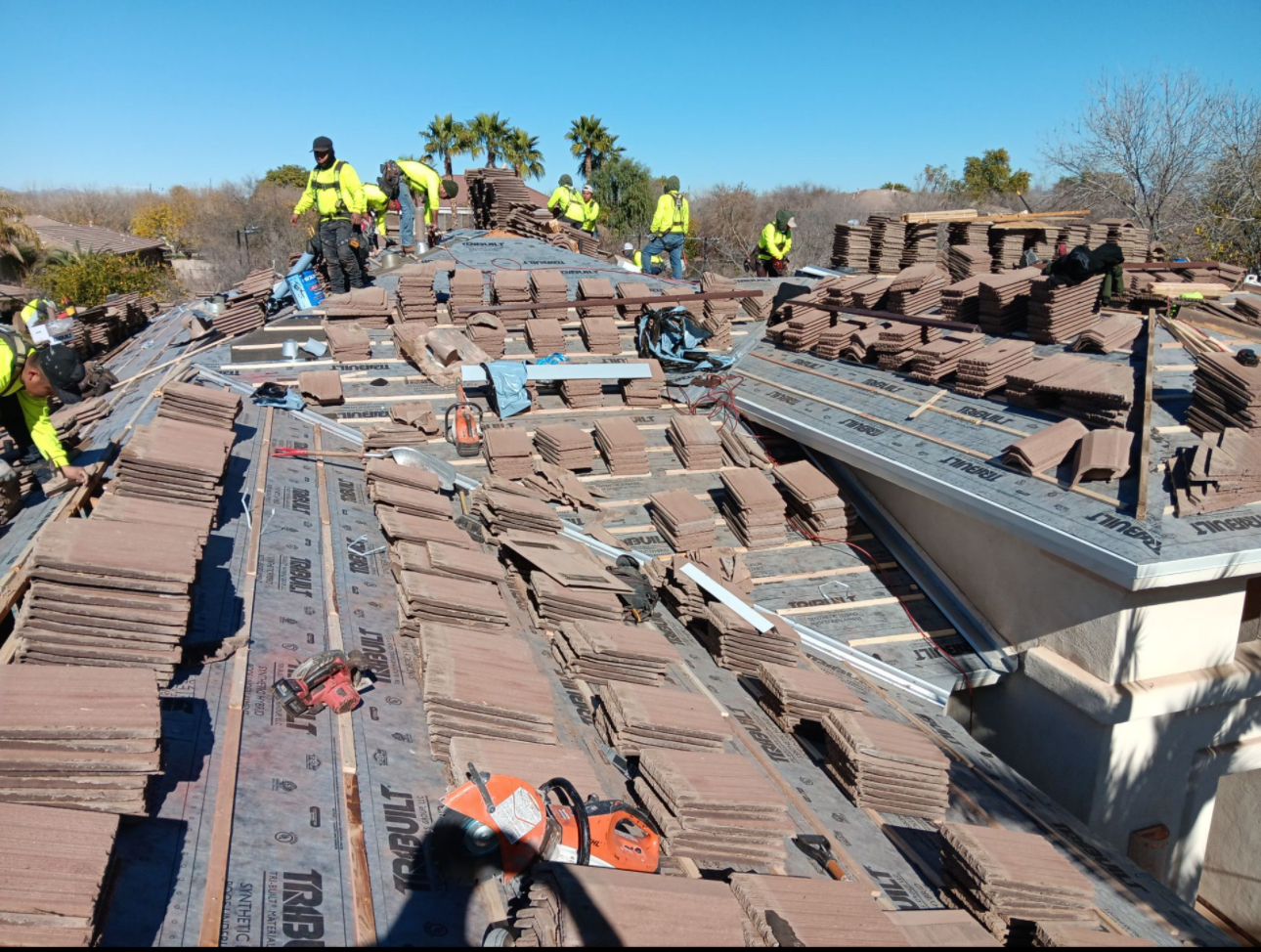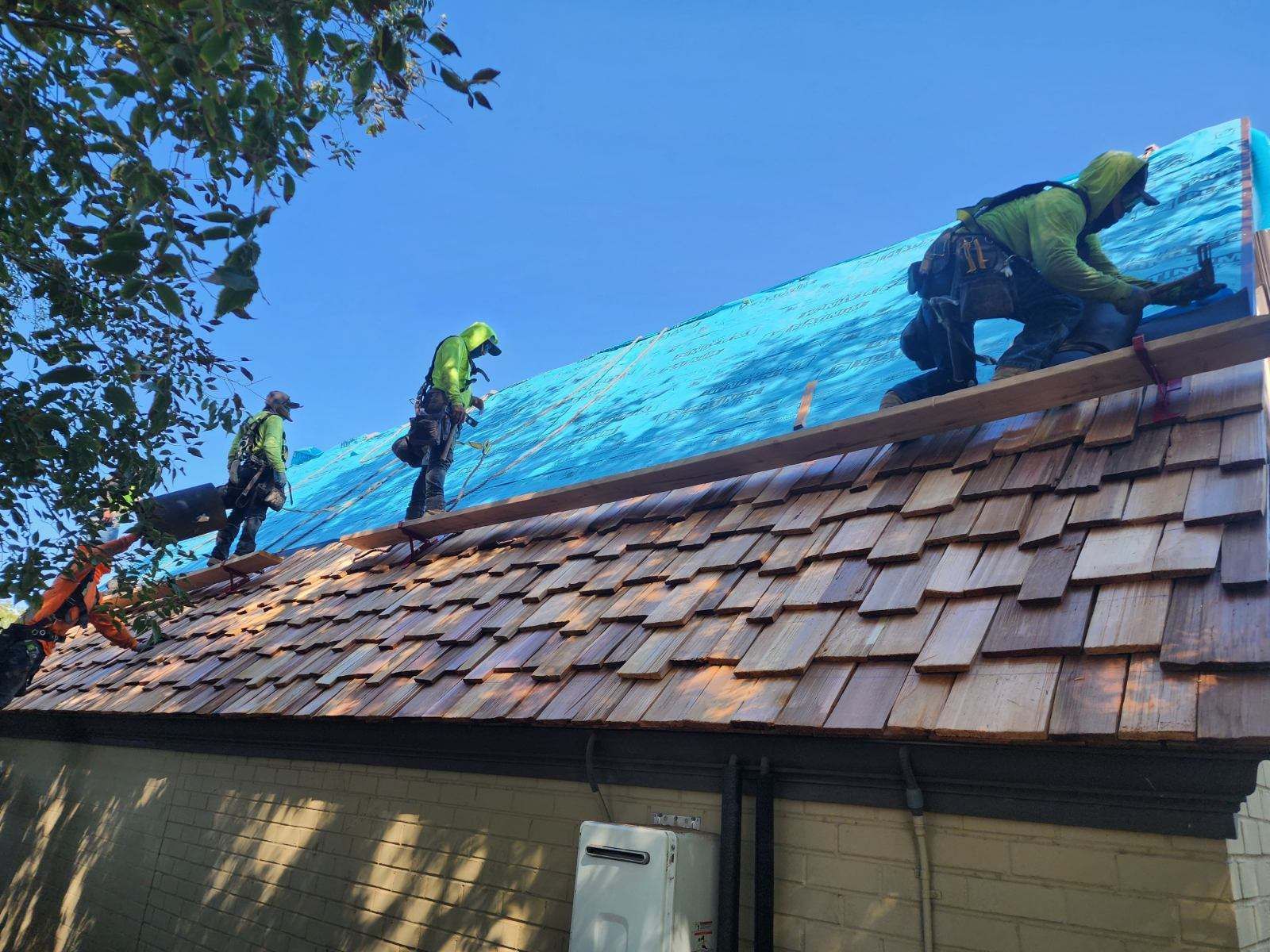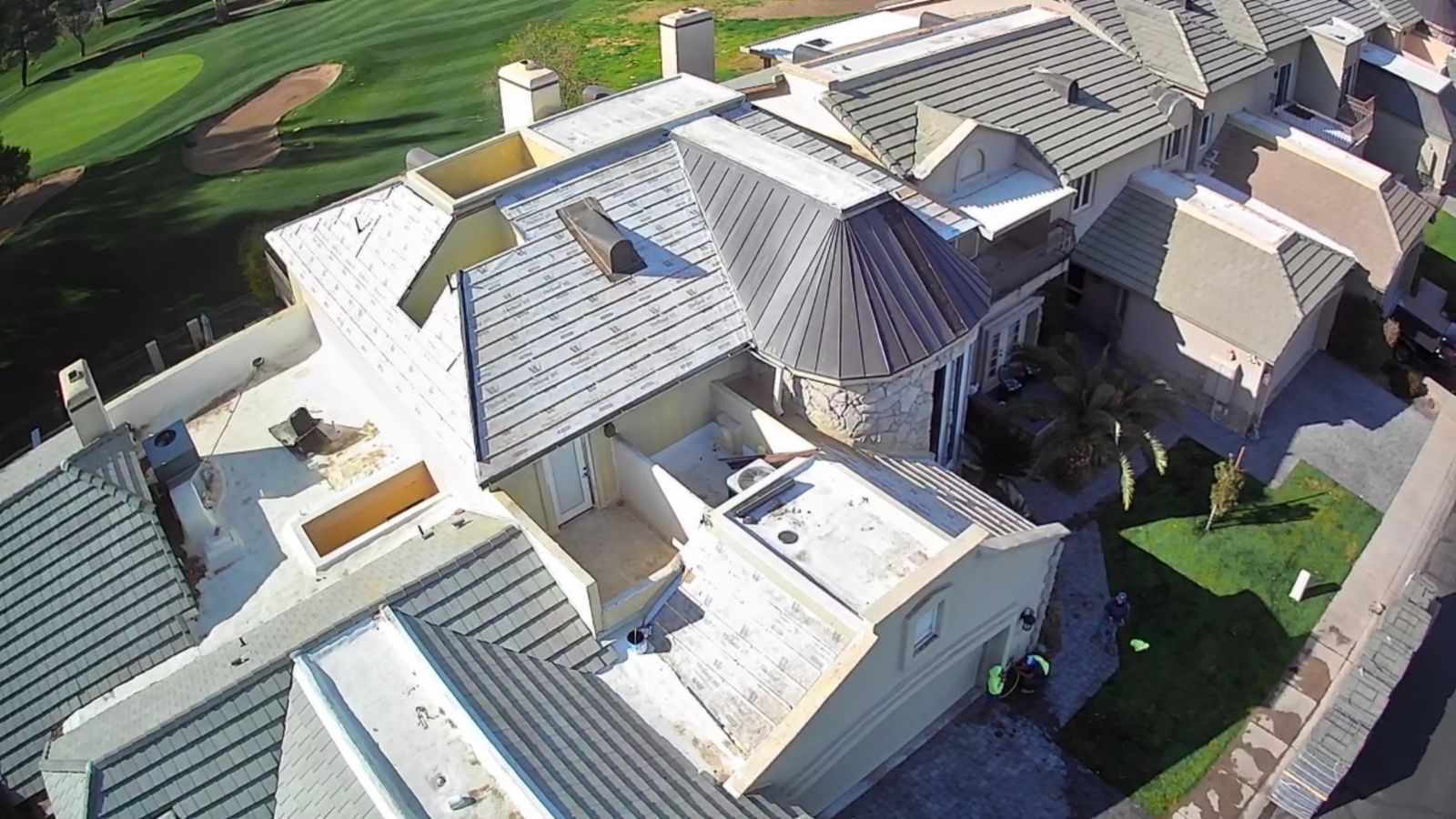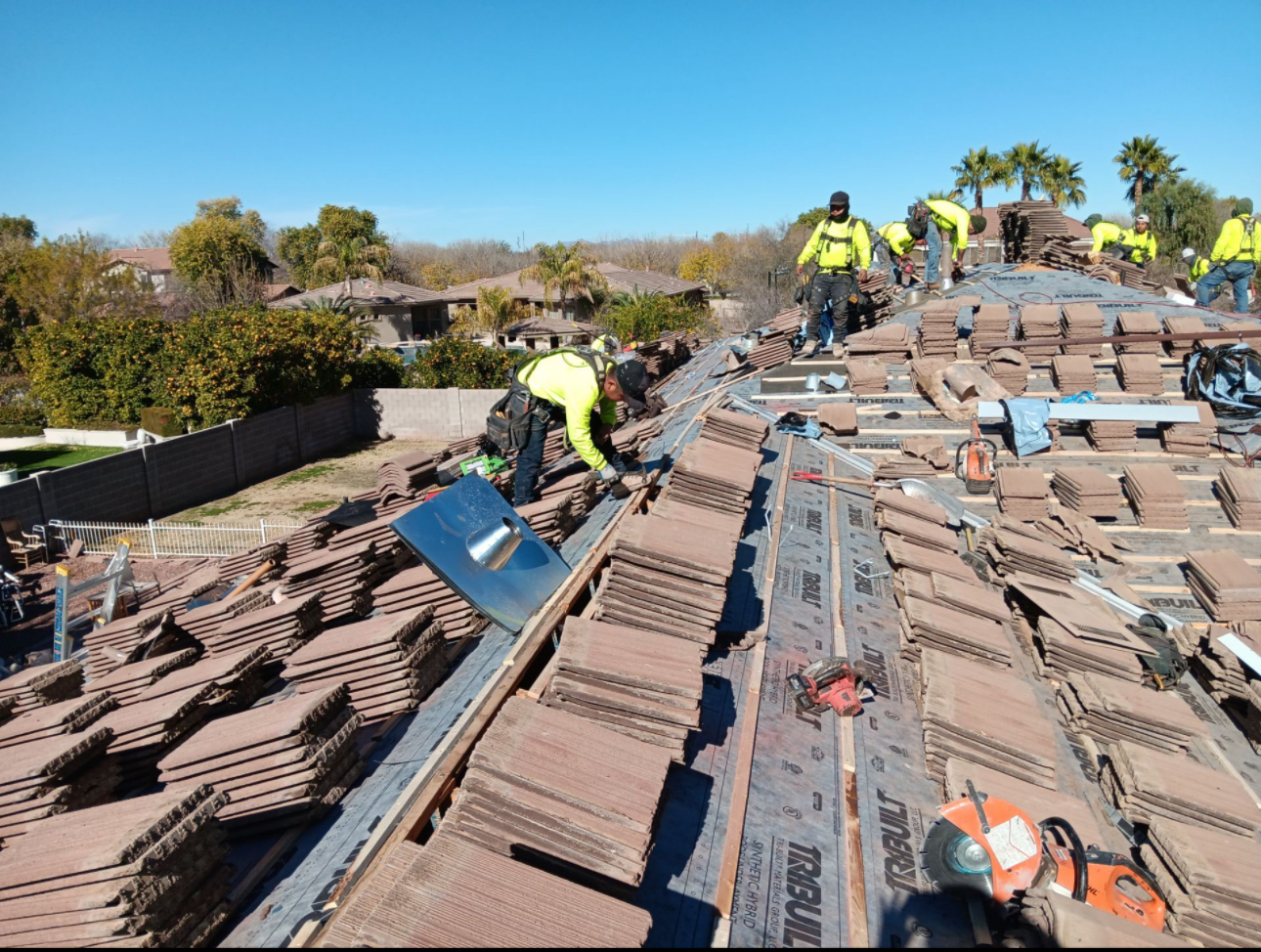Understanding the Average Price of Roof Repair and How to Get Accurate Roof Repair Estimates
Understanding the Average Price of Roof Repair and How to Get Accurate Roof Repair Estimates
Your roof is one of the most important parts of your home, providing protection from the elements and helping maintain energy efficiency. However, when damage occurs—whether due to aging, storms, or other factors—it’s essential to address roof repairs as soon as possible to prevent further issues. But before hiring a contractor, homeowners often wonder, “What is the average price of roof repair?” and “How can I get accurate roof repair estimates?”
In this article, we’ll break down the factors that influence the cost of roof repair, explain how to obtain reliable estimates, and offer tips on finding the right contractor for your project.
Factors That Affect the Average Price of Roof Repair
The average price of roof repair can vary widely depending on several factors. Here are the key elements that impact the cost:
1. Type of Roof
The material of your roof significantly influences the cost of repair. Common roofing materials include asphalt shingles, metal, tile, and wood shakes. For instance, asphalt shingles are typically more affordable to repair than tile or metal roofs. However, the longevity and durability of your roofing material will also affect long-term costs.
2. Extent of the Damage
Minor roof repairs, such as fixing a few shingles or sealing small leaks, will naturally cost less than extensive damage requiring major repairs or roof replacement. Larger issues, such as structural damage or widespread water damage, will increase the overall cost of the project.
3. Roof Accessibility
The accessibility of your roof plays a significant role in labor costs. If your roof is steep or difficult to access, it will take longer to complete repairs, resulting in higher labor charges. Flat or low-slope roofs are typically easier and less expensive to work on.
4. Location
Your geographical location can impact labor and material costs. Roofing services in urban areas or regions with a higher cost of living may be more expensive compared to rural areas. Additionally, regions prone to extreme weather conditions may require specialized materials and labor, further increasing the price.
5. Emergency Repairs
If you need immediate repairs—such as following a major storm—you might pay a premium for emergency services. Roofing contractors often charge more for last-minute, off-hour, or urgent repairs.
6. Roof Age and Condition
Older roofs may require more extensive repairs due to wear and tear. In some cases, it may not make sense to repair a roof that is nearing the end of its lifespan, as a full roof replacement could be more cost-effective in the long run.
What Is the Average Cost of Roof Repair?
On average, roof repairs can range anywhere from $300 to $1,500 or more, depending on the factors mentioned above. Minor repairs, such as fixing a few shingles, might only cost a few hundred dollars, while more extensive repairs—such as addressing leaks or replacing damaged materials—can cost over $1,000.
To give you a more specific breakdown, here’s an overview of common roof repair costs:
- Minor Repairs: $150 - $400
- Moderate Repairs: $400 - $1,000
- Major Repairs: $1,000 - $3,000+
- Full Roof Replacement: $5,000 - $10,000+ (depending on size and materials)
It's important to note that the average price of roof repair will depend heavily on your unique situation, which is why obtaining a reliable roof repair estimate is crucial.
How to Get Accurate Roof Repair Estimates
Getting an accurate roof repair estimate ensures you won’t be caught off guard by unexpected costs. Here are the steps to follow to receive a reliable estimate for your roofing project:
1. Schedule a Professional Inspection
The first step in getting an accurate estimate is to schedule a thorough inspection with a roofing contractor. During the inspection, the contractor will assess the damage, check for any underlying issues, and determine the scope of the repairs. They will also evaluate the condition of your roof and decide whether repair or replacement is the best option.
2. Request Multiple Estimates
It’s always a good idea to get multiple estimates from different contractors. This allows you to compare pricing, services, and timelines. Be cautious of any estimate that seems significantly lower than others, as it could indicate the use of subpar materials or lack of experience.
3. Clarify What’s Included in the Estimate
When reviewing estimates, ensure that each one includes the following details:
- A breakdown of labor and material costs
- The type of materials to be used
- Expected timelines for the project
- Any warranties or guarantees on materials and workmanship
- Permitting fees (if applicable)
Having a detailed estimate ensures transparency and helps you avoid unexpected costs down the line.
4. Ask About Warranties
A reputable roofing contractor should offer warranties on both materials and labor. Be sure to ask about warranty terms and ensure they are included in the estimate. This gives you peace of mind that if any issues arise after the repair, you’re covered.
5. Inquire About Hidden Costs
Sometimes, additional repairs may be needed once the roof is opened up. It’s a good idea to ask contractors about the potential for hidden costs, such as structural repairs or additional labor. A professional contractor will give you a clear idea of what could happen and provide transparency on possible changes to the original estimate.
Tips for Choosing the Right Roofing Contractor
Selecting the right contractor is essential for ensuring high-quality roof repairs. Here are some tips for finding a reliable professional:
1. Look for Experience and Specialization
Make sure the contractor has experience with the type of roof you have. Some contractors specialize in certain materials, such as metal, tile, or asphalt shingles. Hiring a contractor with expertise in your roofing material ensures that they’ll handle your repair properly.
2. Verify Licensing and Insurance
Ensure that the contractor is licensed, bonded, and insured. This protects you from liability in case of accidents or property damage during the repair process.
3. Check Online Reviews and References
Reading online reviews and asking for references from past customers can give you an idea of the contractor’s reliability and workmanship. Look for contractors with a solid reputation in your area.
4. Get Everything in Writing
Before starting the project, make sure you have a signed contract that outlines the scope of work, materials to be used, timelines, and payment terms. This protects both you and the contractor and ensures there’s no confusion during the project.
Conclusion
The average price of roof repair depends on several factors, including the type of roof, extent of damage, and your location. By understanding these variables and following the right steps to get reliable roof repair estimates, you can budget appropriately for the project and avoid unexpected costs.
Remember, a well-maintained roof is essential to the safety and longevity of your home. Addressing minor repairs early can save you money in the long run by preventing more significant damage. When in doubt, always hire a professional roofing contractor to assess your needs and provide high-quality repairs that will stand the test of time.
By following these steps and working with reputable contractors, you can ensure that your roof stays in great condition and that any repair project is completed efficiently and within your budget.

